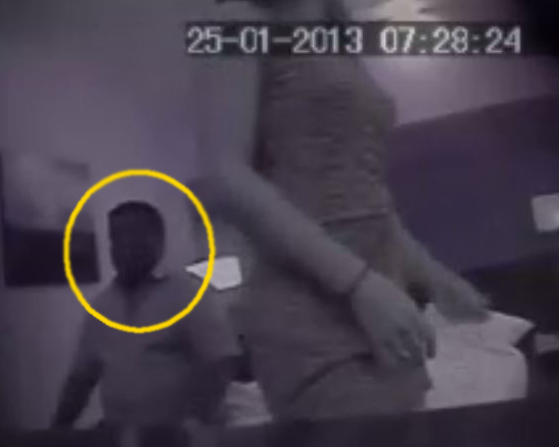Maldivian Democratic Party (MDP) MP Alhan Fahmy has said that he believes senior officials of the current government was behind a knife attack on February 1 that left the opposition MP’s left leg paralysed.
Speaking at the last sitting of the 17th People’s Majlis today, the outgoing MP for Feydhoo noted the violent attacks on MPs during the past five years of multi-party politics and fledgling democracy, including the brutal murder of Progressive Party of Maldives (PPM) MP Dr Afrasheem Ali.
Both MPs and the public were left in a state fear by the attacks on parliamentarians, Alhan said.
Alhan was stabbed in Malé on the evening of February 1, 2014, while at the Breakwater cafe in the artificial beach area of the capital.
The results of the final MDP parliamentary primaries were officially revealed the same day, with Alhan losing the Feydhoo constituency seat to Mohamed Nihad, who received 316 votes to the incumbent’s 154.
After the results of the primary contest emerged, Alhan alleged irregularities in the vote via social media, declaring his intention to challenge the outcome.
Two suspects – Mohamed Sameeh of Shiny, Fuvahmulah, and Mohamed Naseem, of Ulfamanzil, Hithadhoo – were arrested by the police in connection with the case.
The case against the two suspects have since been forwarded to the Prosecutor General’s Office for prosecution.
Alhan has had a chequered recent past with the MDP, rejoining the party in June last year after an apparently acrimonious departure in April of the previous year. Then party vice president, Alhan was ejected – alongside then party President Dr Ibrahim Didi – after the pair publicly questioned the party’s official interpretation of the February 7 ousting of President Mohamed Nasheed.
The Feydhoo MP subsequently organised a rally – sparsely attended – calling for the freeing of the MDP from its talismanic leader Nasheed. Alhan’s soon joined the government-aligned Jumhooree Party,
Alhan was initially elected to parliament on a Dhivehi Rayithunge Party (DRP) ticket, making him one of the few MPs to have been a member of almost every major political party represented in parliament, barring the DRP’s splinter party, the Progressive Party of the Maldives (PPM).
He was dismissed from the DRP in 2010 for breaking the party’s whip line in a no-confidence vote against then Foreign Minister, Dr Ahmed Shaheed
Last August, Alhan was summoned by police in connection with the alleged blackmailing of Supreme Court Justice Ali Hameed, using footage of the judge having sex with two foreign women said to be prostitutes.
The MP tweeted a screenshot of a text message he claimed had been sent to his mobile phone by Superintendent of Police Mohamed Riyaz. The text read: “Alhan, will make sure you are fully famed (sic) for blackmailing Justice Ali Hameed. You don’t know who we are.’’
